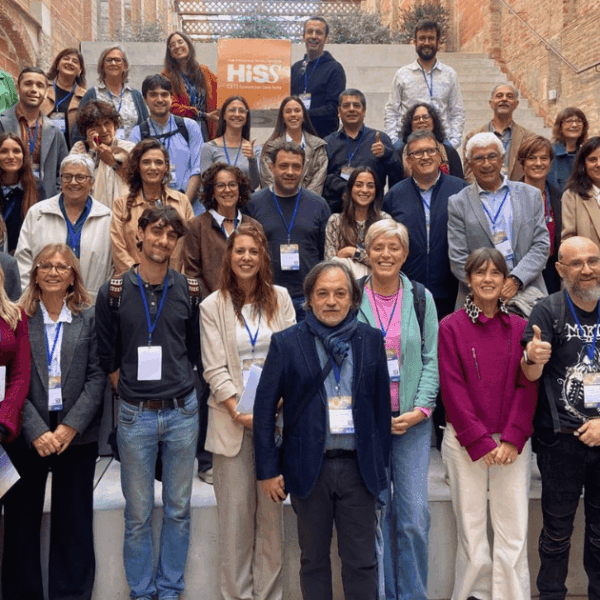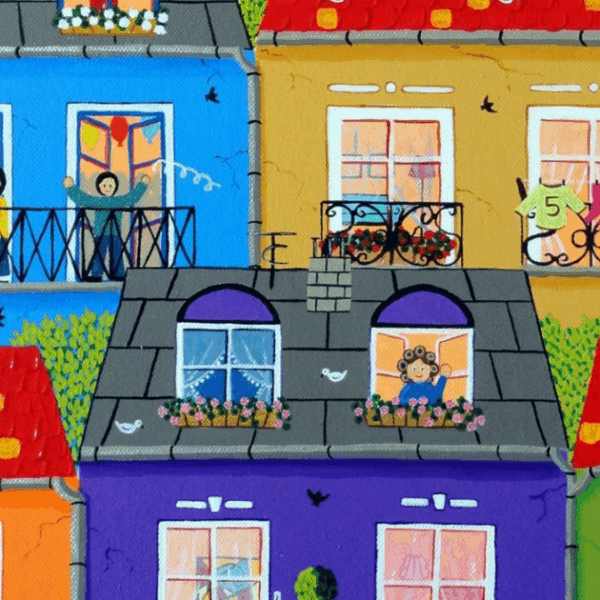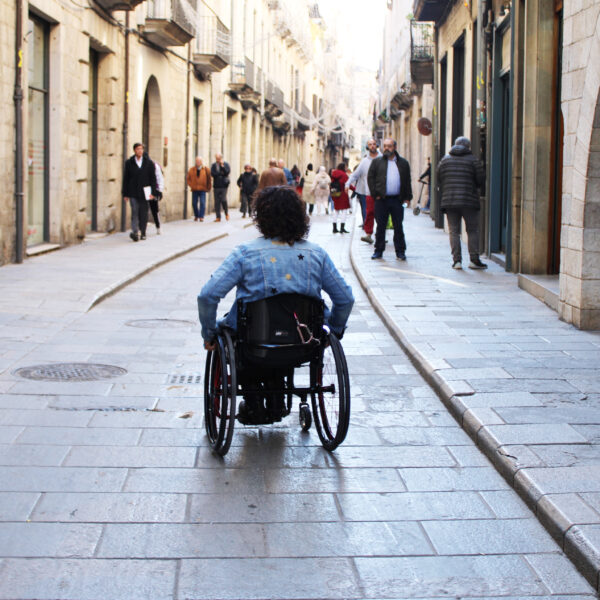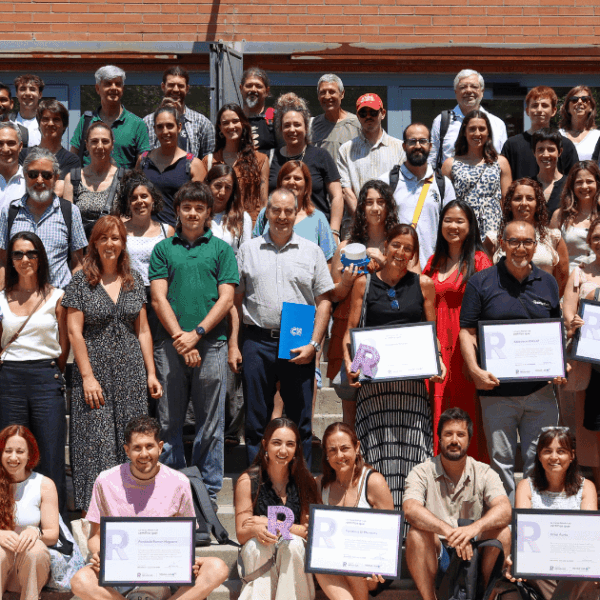La Teva Idea És Ciència: A Co-Creation Process to Improve the Autonomy of People with Intellectual Disabilities
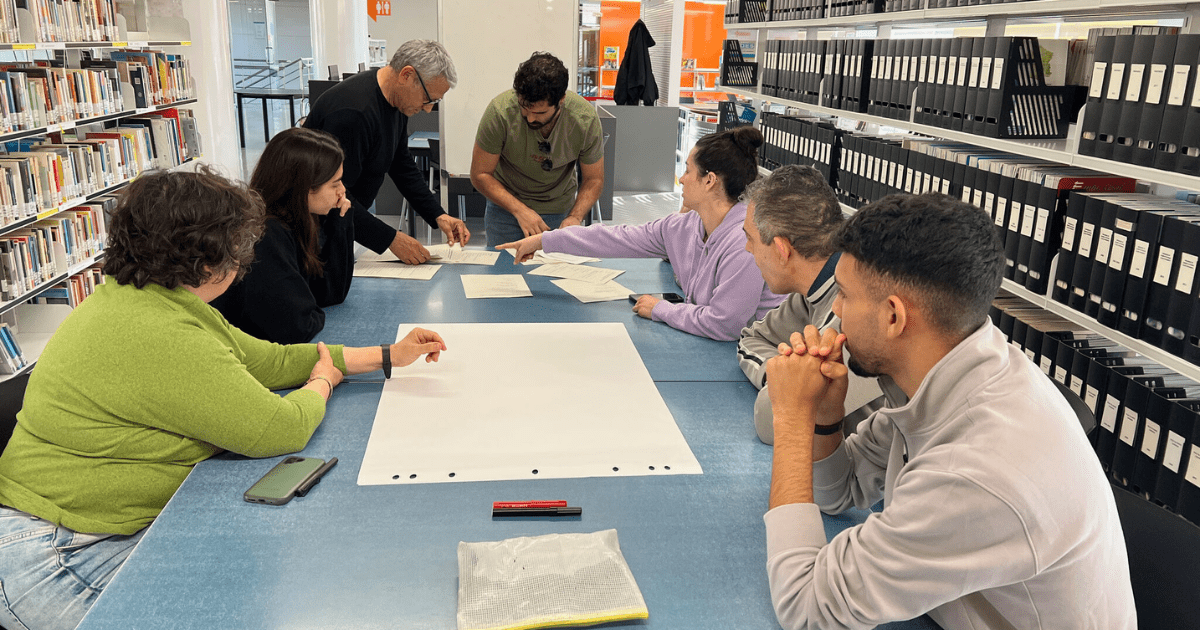
La Teva Idea És Ciència: A Co-Creation Process to Improve the Autonomy of People with Intellectual Disabilities

The initiative has involved a collaborative effort between social organizations, researchers, and students to turn everyday challenges into viable technological solutions
La Teva Idea És Ciència, a program led by the iSocial Foundation and the Universitat Politècnica de Catalunya (UPC), has reached its final stage after months of collaborative work. This initiative has brought together people with intellectual disabilities, social sector professionals, students, and researchers to develop technological solutions that enhance autonomy.
Over the course of six working sessions held between January and February 2025 at UPC campuses, students and researchers collaborated with service users and social sector professionals to design solutions addressing six key areas of daily life: communication, personal care, financial management, socialization, household tasks, and mobility. These challenges were based on 150 pain points or barriers to autonomy, previously identified in the All by Myself working group led by iSocial, in which users and professionals from the same organizations participating in La Teva Idea És Ciència took part.
The program will continue in April with a project definition workshop, where participants, guided by a facilitation team, will work creatively to turn ideas into concrete, viable proposals. This will be followed by a public voting process, allowing the university community and social services to select the two most promising initiatives. These will be showcased in a final event with all participants. The teams behind the winning proposals will receive support from UPC to bring their ideas to life.
A Co-Creation Effort
The project has been carried out with the participation of seven social organizations specializing in intellectual disabilities: Fundació El Maresme, Fundació Ampans, Associació Alba, Support-Girona, Fundació Catalana Síndrome de Down (FCSD), and ASPACE Catalunya—all members of iSocial—along with Fundació Astres.
Josep Maria Junoy, a user experience expert and volunteer at iSocial, also played a key role as a specialist facilitator and workshop leader.
Additionally, the program has received support from the Catalan Government’s Department of Social Rights and funding from the Agency for the Management of University and Research Grants (AGAUR).
Thanks to the involvement of students and researchers from UPC, this experience has fostered a valuable dialogue between the social sector and academia, enabling a deeper understanding of the real needs of people with intellectual disabilities and promoting the development of technological solutions with a direct impact on their daily lives.
La Teva Idea És Ciència has been an opportunity for people with disabilities and the social organizations that support them to actively participate in a co-creation process tailored to their needs. At the same time, it has helped raise awareness and train UPC technologists on the challenges faced by the social sector. This experience has demonstrated the power of collaboration between universities and social organizations to tackle societal challenges through innovative approaches.
Actualitat



